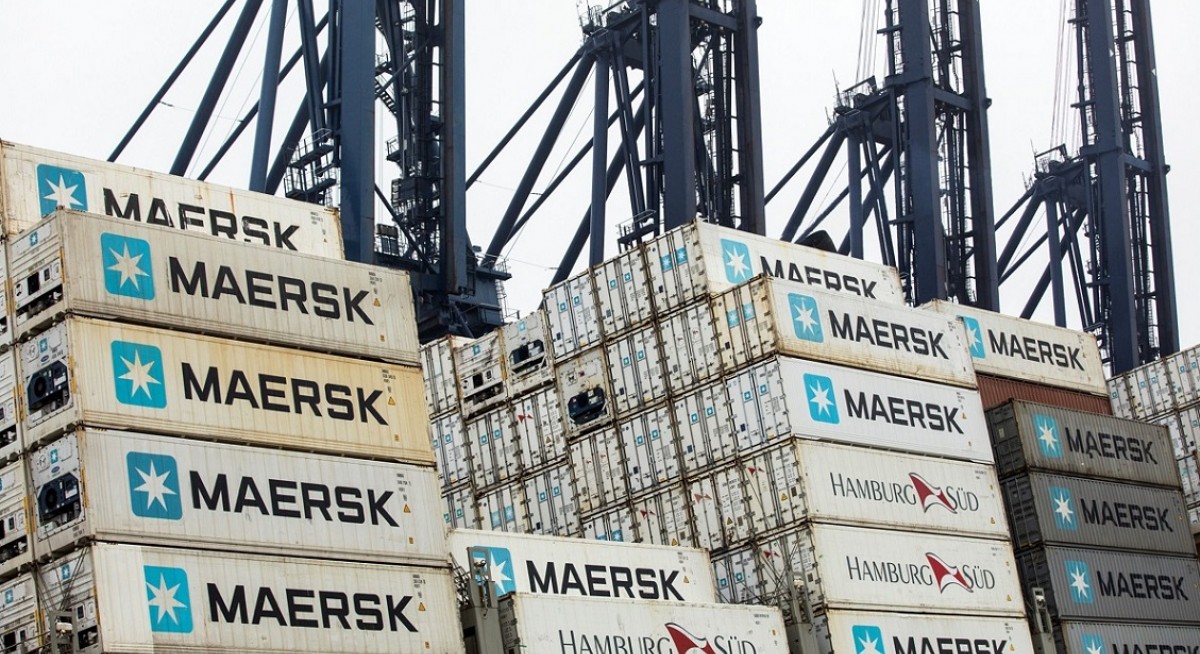Maersk, the world’s largest owner of container ships, said it expects global container demand to decline between 2% and 4%, compared with previously guiding demand at the lower end of the +/- 1% range.
“With the war in Ukraine, an energy crisis in Europe, high inflation, and a looming global recession there are plenty of dark clouds on the horizon,” the company said in its third-quarter earnings report published on Wednesday. “This weighs on consumer purchasing power which in turn impacts global transportation and logistics demand.”
Container rates have come down faster than expected
See also: China says trade talks with US set for Friday in Malaysia
Maersk, which controls about one-sixth of the world’s container trade, said earlier this week that freight rates have come down faster than expected and warehouses in the US and Europe are filling up as consumer demand for goods declines. On Wednesday, the company said that the global container market is expected to be “broadly flat to negative,” in 2023 with risks “skewed to the downside” due to the macroeconomic outlook.
Still, third-quarter earnings before interest and tax rose to US$9.48 billion, the Copenhagen-based company said. That compared with an average estimate of US$8.63 billion in a Bloomberg survey of analysts. Maersk kept its own profit forecast for this year.
“It’s clear that freight rates have peaked and started to normalize during the quarter, driven by both decreasing demand and easing of supply chain congestion,” Chief Executive Officer Soren Skou said in the statement.



